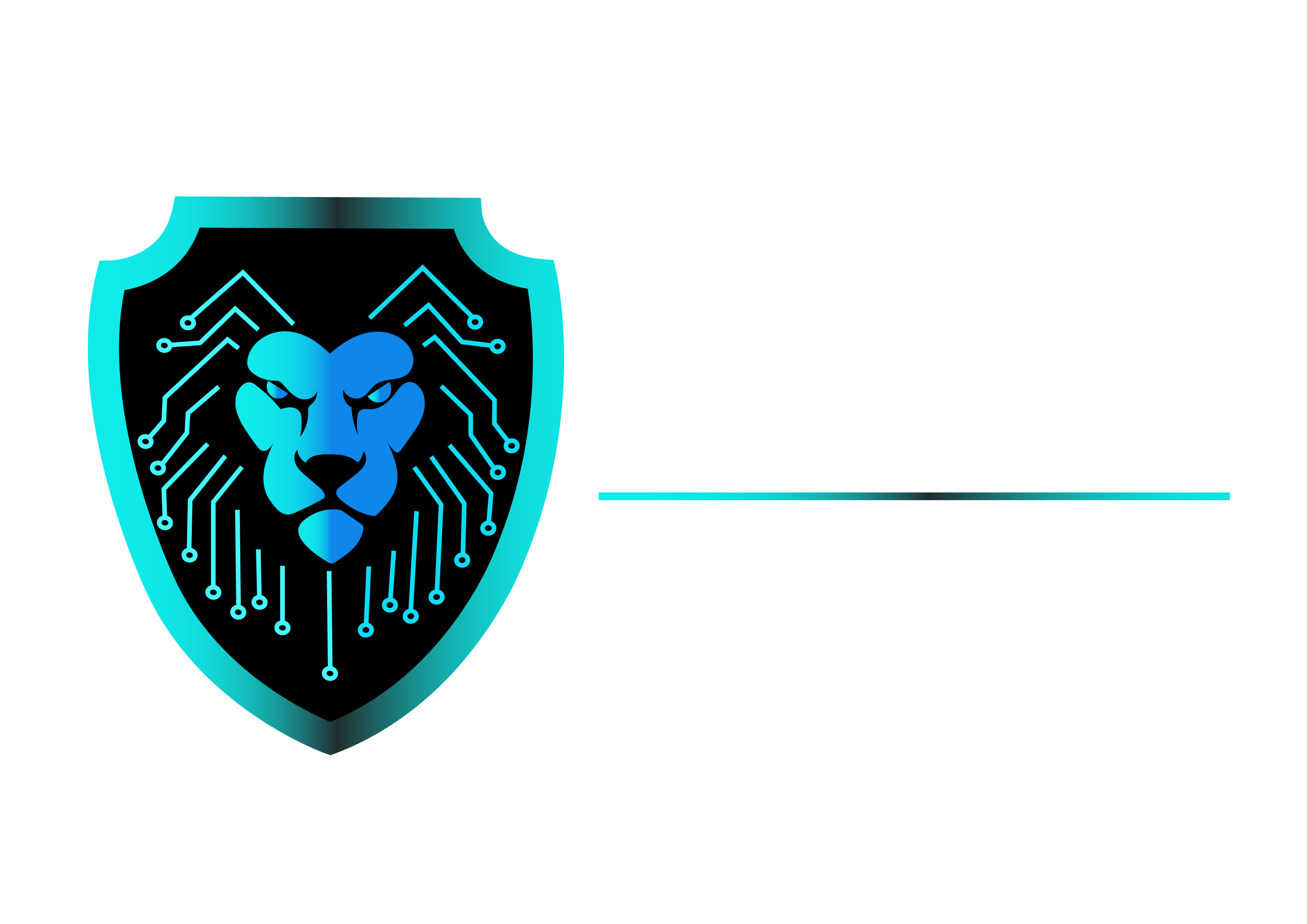NextGen EndPoint Security
Criminals that develop destructive malware are experts at evading detection and antivirus tools. So we had to find one that stops evasive malware before it infects the endpoint.
Cyberwall utilizes a number of powerful tools that blocks ransomware threats on enterprise endpoints without relying on prior knowledge about malicious programs’ patterns or behavior. It especially powerful at protecting against unknown ransomware by blocking infections and preventing users files from ever being affected. Cyberwall stops ransomware by using a combination of innovative capabilities, that prevent malicious actions before detection and before any damage is caused.
This solution blocks access to your confidential information by addressing the widest variety of attack scenarios. Our threat prevention Platform is comprised of multiple modules that work in tandem to block unknown threats that employ unconventional evasive techniques.
Ransomware Remediation
When other various security layers fail at blocking ransomware from running on a system, Cyberwall Ransomware Protection tools actually remediates the damage caused by destructive malware. With our solution, organizations can easily restore the encrypted files without relying on backup capabilities such as shadow copies or snapshots, that are often disabled by the ransomware or might not even be enabled in the first place.
Blocking Macros, PowerShell…
Cyberwall protects the organization from ransomware that spreads via malicious documents by blocking actions initiated by documents that employ macros, PowerShell and other scripts. So business employees can continue using macros for legitimate business purposes.
Blocking Memory Injection
Ransomware often evade detection by injecting malicious code into legitimate applications or OS components. This approach allows malware to get around security mechanisms such as traditional antivirus, application whitelisting and personal firewalls. Memory injection is often used by malware that is sometimes considered fileless, because in such cases attackers refrain from placing recognizable malicious code on the file system.
Fileless
Cyberwall uses a number of tools to disable file-less or other malicious programs that attempt to inject code into other processes, preventing ransomware that uses this evasive measure from infecting the system.
